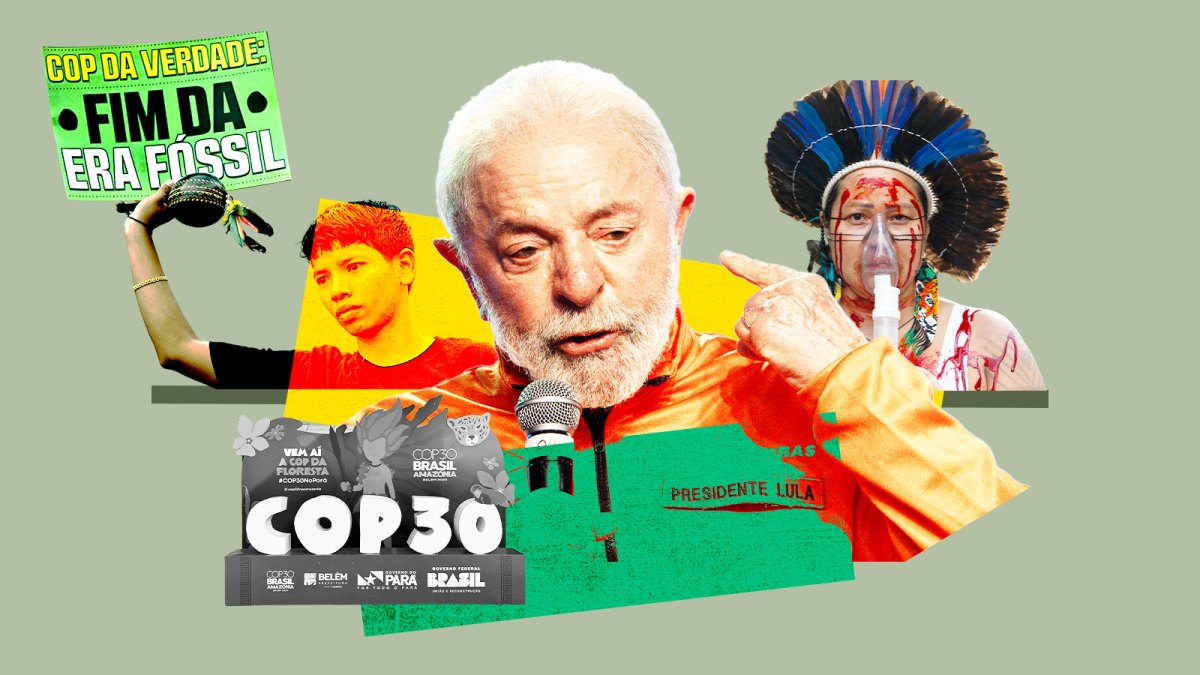Brazilian President Luiz Inácio Lula da Silva has approved oil drilling in the Amazon, a move that has sparked significant backlash from environmental advocates and indigenous groups. This controversial decision comes as Brazil hosts the 30th Conference of the Parties (COP30), a pivotal international climate summit aimed at addressing global environmental challenges.
The opening of previously untouched indigenous territory to oil exploration marks a stark contrast to Lula’s initial promises to protect the Amazon. Under the administration of former President Jair Bolsonaro, known for his aggressive environmental policies, indigenous lands faced unprecedented threats. Yet, Lula’s recent actions are raising alarms among those who expected his left-leaning government to prioritize conservation.
Indigenous territories in Brazil are often seen as critical for biodiversity and climate stability. According to the World Wildlife Fund, these areas play a vital role in regulating the Earth’s climate and storing carbon. Critics argue that drilling in these regions not only jeopardizes the environment but also undermines the rights of indigenous communities who depend on these lands for their survival.
As COP30 unfolds, the international community has scrutinized Brazil’s environmental policies. Activists have expressed their disappointment, stating that Lula’s decision contradicts the very goals of the conference, which aims to foster sustainable development and combat climate change.
“We believed Lula would be a protector of the Amazon. Now, we see a different reality,”
said an indigenous leader, emphasizing the disillusionment felt by many.
The approval for drilling aligns with Lula’s broader economic strategy to boost Brazil’s energy sector. In a country rich in natural resources, the government hopes to attract foreign investment and create jobs. However, this approach raises critical questions about balancing economic growth with environmental preservation.
In light of these developments, Brazil’s role in addressing climate change is under intense scrutiny. The nation is home to approximately 60% of the Amazon rainforest, often referred to as the “lungs of the Earth.” The deforestation rate in the Amazon has already surged in recent years, and the introduction of oil drilling could exacerbate this trend.
Environmental organizations are mobilizing to counteract Lula’s decision, urging for stronger protections for the Amazon and advocating for sustainable practices. They emphasize that investments in renewable energy could provide a more sustainable economic path for Brazil, benefiting both the environment and its citizens in the long run.
As the COP30 conference continues, the world will be watching Brazil closely. The implications of Lula’s decision extend beyond national borders, impacting global climate efforts and the future of one of the planet’s most vital ecosystems. The call for action from environmentalists and indigenous advocates remains urgent, as they seek to hold the government accountable for its commitments to protect the Amazon and its inhabitants.







